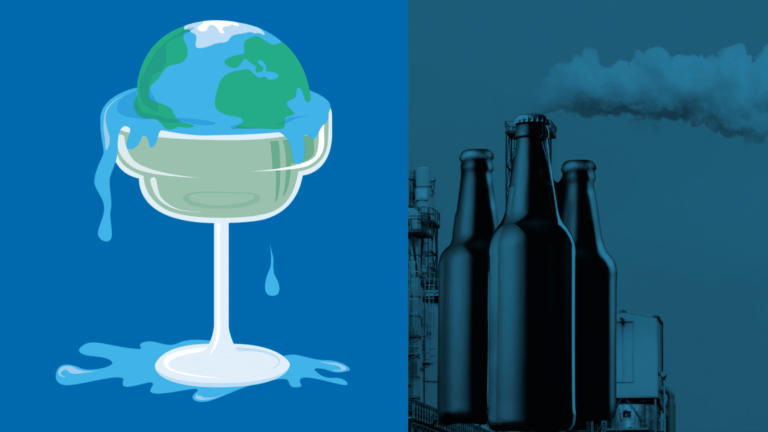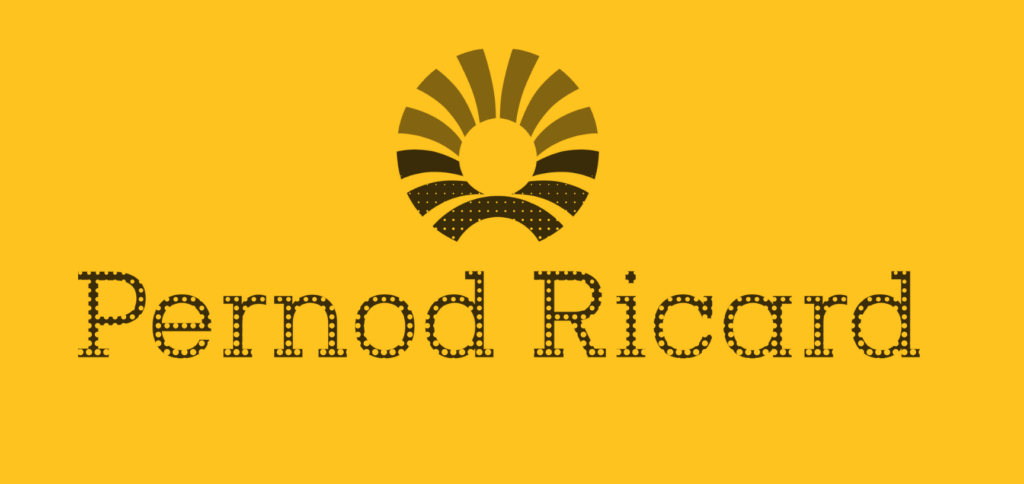This company profile of Pernod Ricard reveals the unethical practices of the French liquor and wine industry giant. It provides examples of harmful methods across the categories of political interference, promotion, sabotage, manipulation, and deception – the Dubious 5 strategies.
Introduction
Pernod Ricard is a French company established in 1975. This multinational alcohol corporation is the world’s second largest wine and spirits producer.
The French alcohol giant has a portfolio of over 240 brands including internationally sold brands (which accounts for 63% of the sales in 2021) like Ricard, Malibu, Chivas, Jameson, Havana Club, Absolut, Ballantine’s, Mumm and numerous other specialty and local brands.
Alexandre Ricard, one of the grandsons of the Pernod Ricard founder Paul Ricard, became the Chairman and Chief Executive Officer of the group in 2015.
Fast Facts about Pernod Ricard in 2022
- Total net revenue: EUR 10,701 million (2022)
- Net profit: EUR 1,996 million (2022)
- Lobbying costs (US): 2,800,000 USD (2022)
- Lobbying costs (EU): 600,000 – 699,999 € (2022)
- Total alcohol volume sold: no information
- Global market share: no information
- Marketing spend: EUR 1,698 million (2022)
Pernod Ricard involvement in front groups
- The Portman Group
- International Alliance for Responsible Drinking (IARD)
- World Brewing Alliance
- World Federation of Advertisers
- FoodDrinkEurope
- European Business Summit
- Brewers of Europe
Interfering in policy and science
Pernod Ricard front groups are designed to advance long-term public relations goals to interfere in both policy and science.
UNETHICAL PRACTICES by Pernod Ricard
 Manipulation
Manipulation Unveiling greenwashing: Absolut Vodka’s paper bottle initiative and sustainability challenges in the alcohol industry
Absolut Vodka has recently announced its plan to switch from glass to paper bottles. As part of a pilot project, the brand has announced ...
 Deception
Deception Pernod Ricard launches fast food-focused wine range
Description: The company is promoting unhealthy behavior and norms by launching a new wine range called Greasy Fingers, to complement ...
 Deception
Deception ICC Cricket World Cup 2023 attracts surrogate advertising from alcohol brands
Description: The ICC Cricket World Cup 2023 has attracted sponsorship from major alcohol beverage brands, including Bira91, Royal Stag, ...
BROWSE MORE UNETHICAL PRACTICES by Pernod Ricard
BIG ALCOHOL IN THEIR OWN WORDS
Whisky brands are very reliant on a small number of heavy, and increasingly ageing, consumers, to provide the majority of volume [...] in the longer term we had to attract more younger drinkers—the heavy- using loyalists of tomorrow [to avoid] the potentially disastrous implications of losing heavy drinkers”.

“If Miller Lite was to be a large profitable brand we had to attract these young heavy drinkers”.

To the extent [that laws or regulations or actions against us to substantially curtail the consumption of alcohol, including beer] gain traction, they could have a material adverse effect on our business and financial results. For example, the European Union published its Europe Beating Cancer Plan. As part of the plan, by the end of 2023, the European Union has indicated it will issue a proposal for mandatory health warnings on alcohol beverage product labels."
Source: Molson Coors Annual Report 2022

